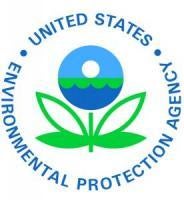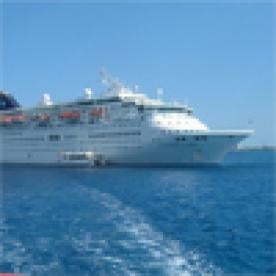WASHINGTON – The U.S. Environmental Protection Agency (EPA) and U.S. Coast Guard authorized formal exemptions by Royal Caribbean Cruise Lines that allow for the enlargement of the cruise line’s research program to develop and install exhaust gas scrubber systems on its cruise ships. Under the exemption, as articulated in MARPOL, Royal Caribbean will expand the program from six to 19 ships.
This advanced emission control technology will be used in waters surrounding U.S. coasts, known as Emission Control Areas (ECAs). Because emissions from ocean-going vessels can harm air quality on land, the U.S. government requires ships operating within the North American and U.S. Caribbean ECAs to reduce harmful air pollution emissions such as nitrogen oxide, sulfur oxide, and particulate matter. The ECAs were developed by the United States and Canada through an agreement with the International Maritime Organization in order to protect human health and the environment by significantly reducing air pollution from ocean-going vessels. EPA estimates that by 2020 the low sulfur ECA requirements will have prevented as many as 14,000 premature deaths and relieved respiratory symptoms for nearly 5 million people in the United States and Canada.
Royal Caribbean’s research program has developed exhaust gas scrubber technology that has the potential to provide greater emission reductions than would be achieved using only ECA compliant low-sulfur fuel, and at a much lower cost. Under this research program extension, a total of 19 ships covering a range of vessel sizes and applications will begin using these scrubbers starting in 2015.
These permits provide a temporary relief from the ECA’s fuel sulfur content requirements. This approach will enable Royal Caribbean to meet its emission requirements through exhaust gas scrubber technology, rather than with engine and fuel system modifications. This trial program will also provide valuable information on developing advanced emissions control technologies for other marine engines.




 />i
/>i

